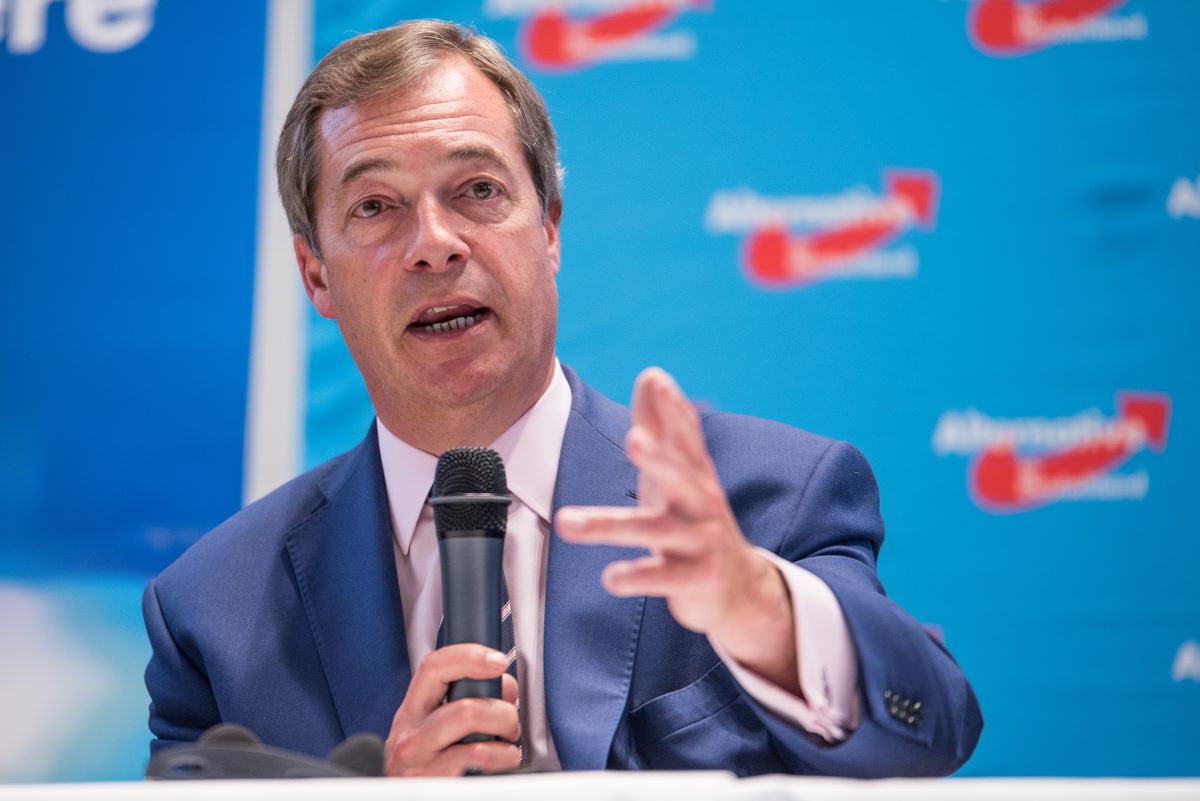Nigel Farage’s Reform UK party has shaken up the political landscape with unexpected victories but fell far short of the promised political earthquake, so what will he do next? Here’s the full story.
Try and Try and Try Again

If at first you don’t succeed, try and try and try and try and try and try and try and try again. That seems to have been Nigel Farage’s political motto as he, after his previous seven failed attempts, finally managed to get elected to the Houses of Parliament after standing for his fourth political party.
Amplifies Political Voice
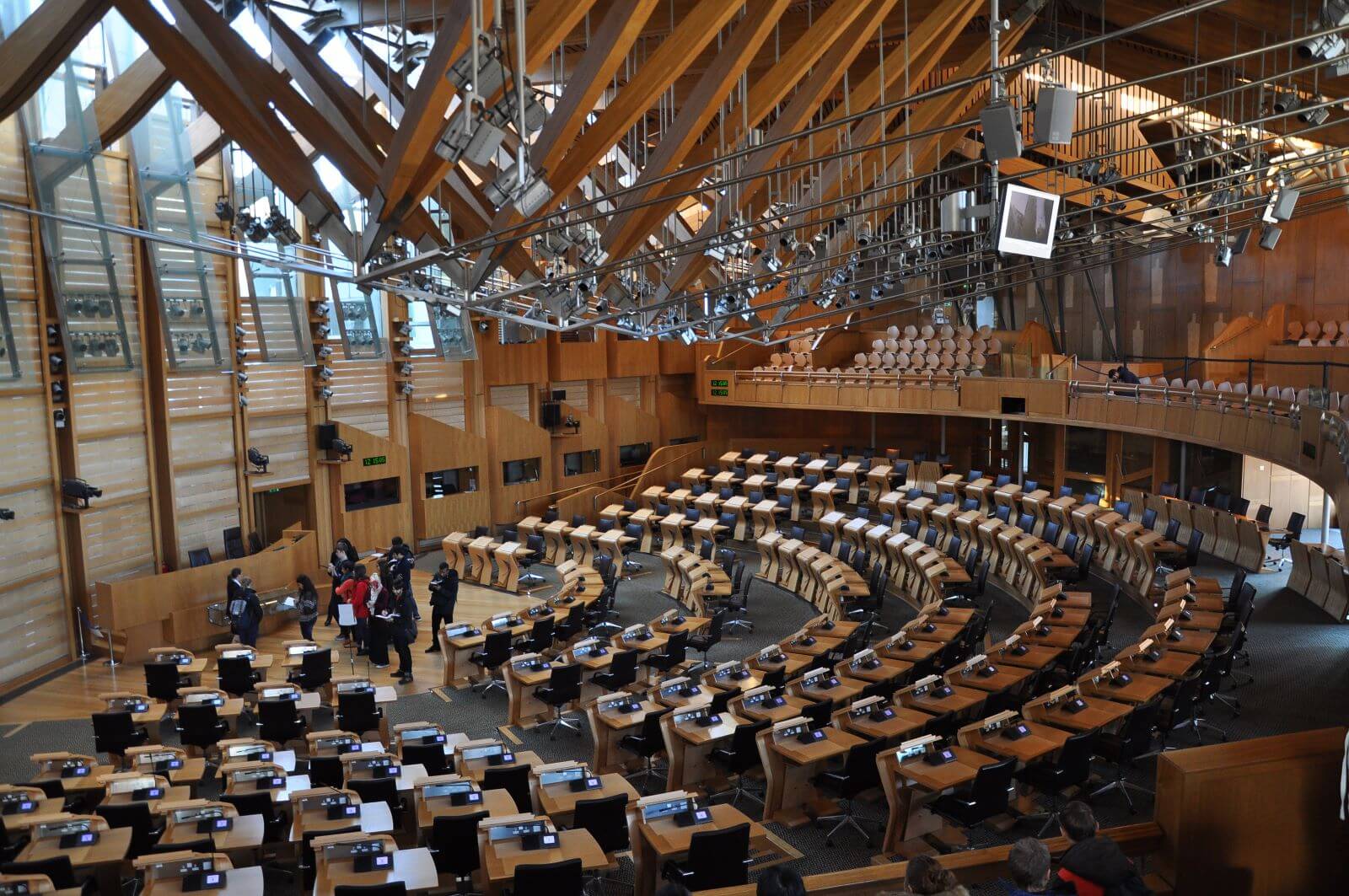
This victory places him on the green benches of parliament and amplifies his political voice in the UK, giving him even more opportunities to be a vocal and disruptive presence in Westminster.
Reform UK’s Achievement

Reform UK’s success in securing five parliamentary seats, although not as high as the initial exit poll prediction of thirteen, is a considerable achievement for a party that was only founded in 2018. The party sees this breakthrough moment as a stepping stone towards building a more substantial support base for future elections.
Filling Centre-Right Gap
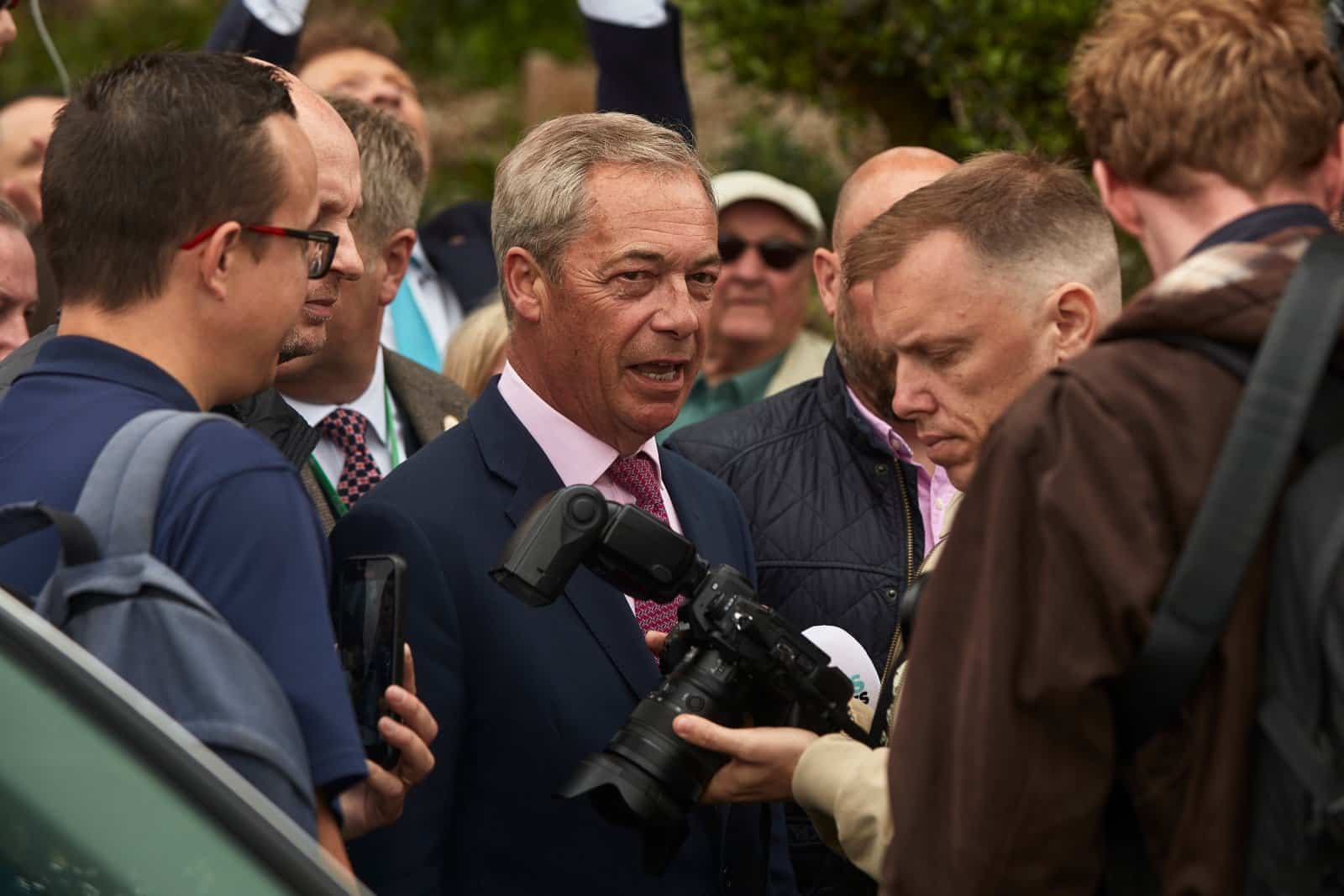
Farage has outlined his vision of filling the “gap on the centre-right of British politics” with his insurgent, far-right, anti-immigrant Reform UK party. Though this might seem far-fetched, many Conservatives are worried about the so-called “Farage effect” after they lost a considerable share of their voters to his party.
Surpassing Lib Dems and Greens
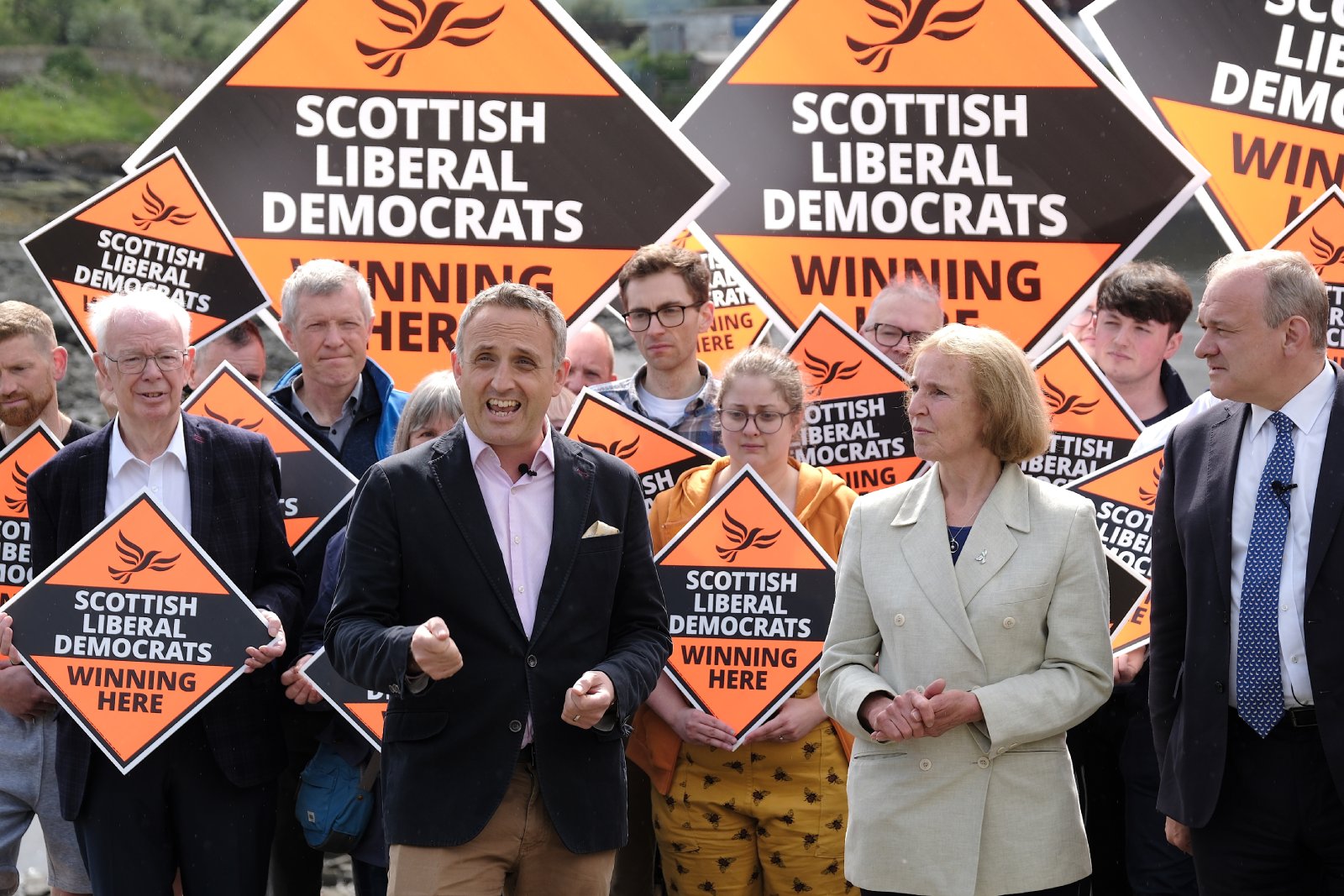
Despite winning only five seats, Reform UK garnered over four million votes nationwide, surpassing the Liberal Democrats and Greens in popular vote totals but falling short in seat count due to the first-past-the-post electoral system. However, what will no doubt keep Labour strategists up at night is the knowledge that Farage’s party came second in 103 constituencies.
Broad Support Base

This broad support base across diverse regions underscores the party’s potential to influence future elections significantly. Farage has openly criticised the current electoral system and plans to campaign for its overhaul, advocating for a proportional representation system that he believes would more accurately reflect the party’s widespread support.
“Not Fit for Purpose”
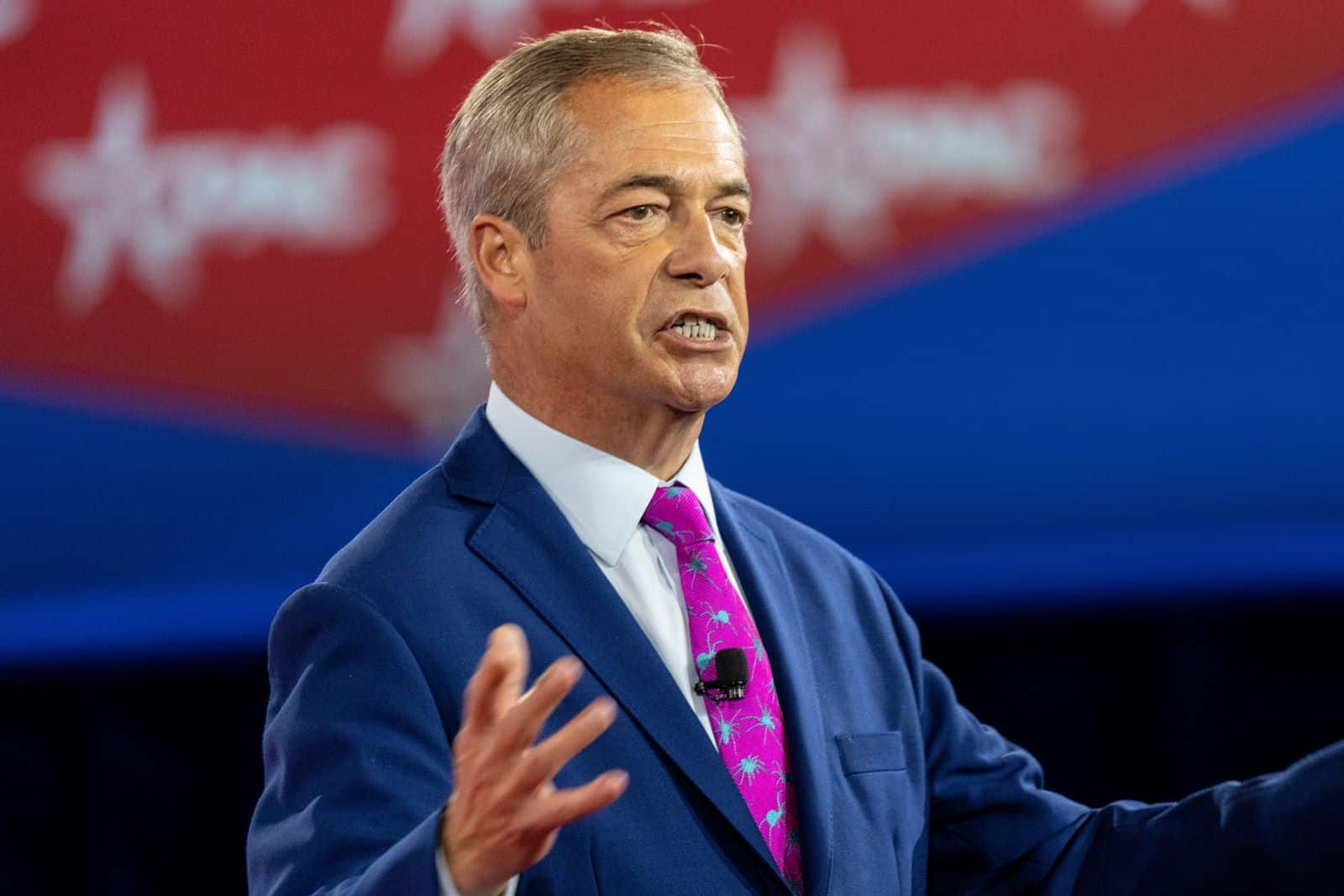
Farage has stated that the current first past the post system is “not fit for purpose.” He added, “We will campaign with anyone and everyone to change this electoral system.”
Targeting Labour Next
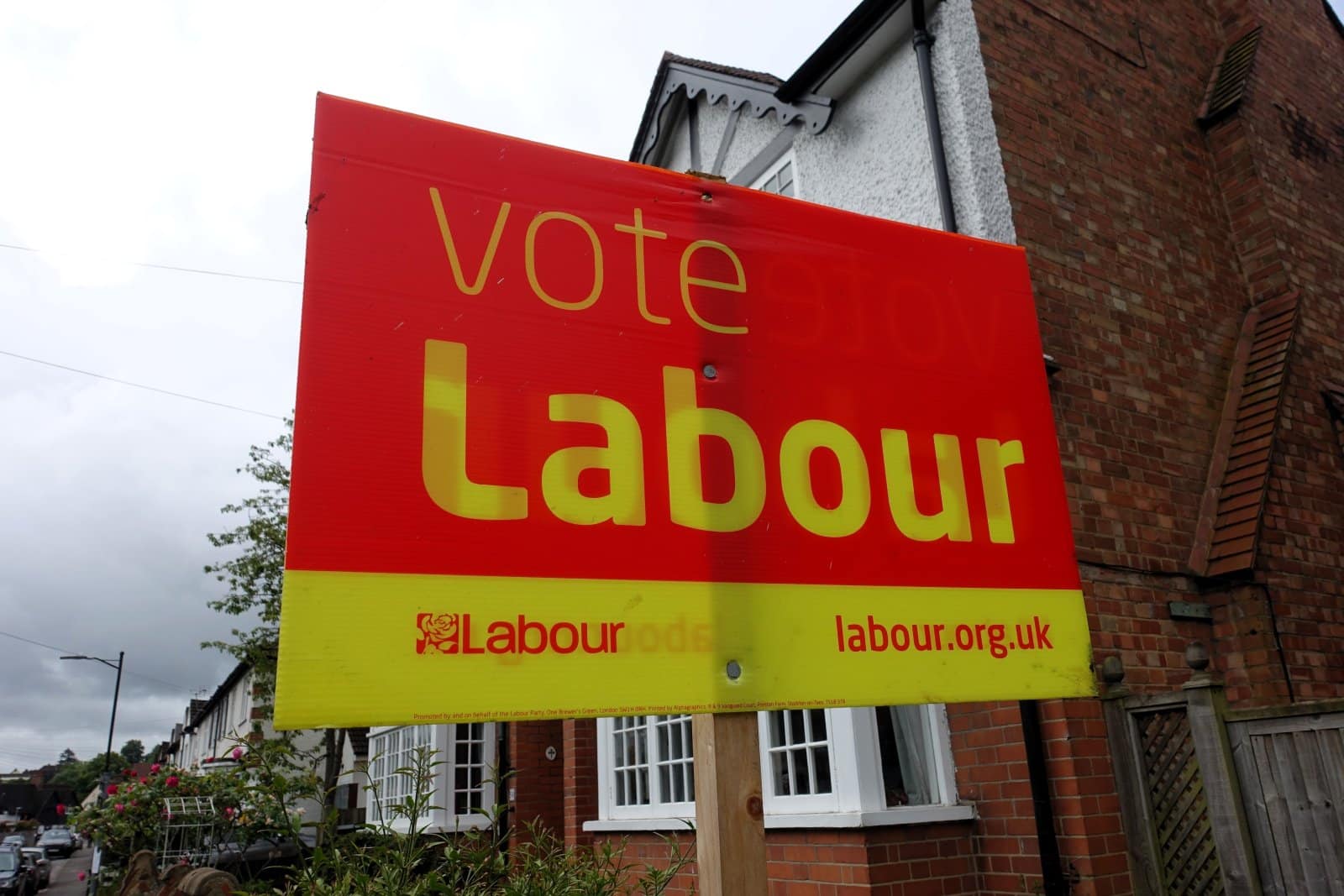
Following his success in eating into the Conservative vote, Farage has made it clear that Labour is Reform UK’s next primary target. The party’s electoral strategy involves building a “mass national movement” capable of mounting a serious challenge in the 2029 general election.
Pressure on Conservatives
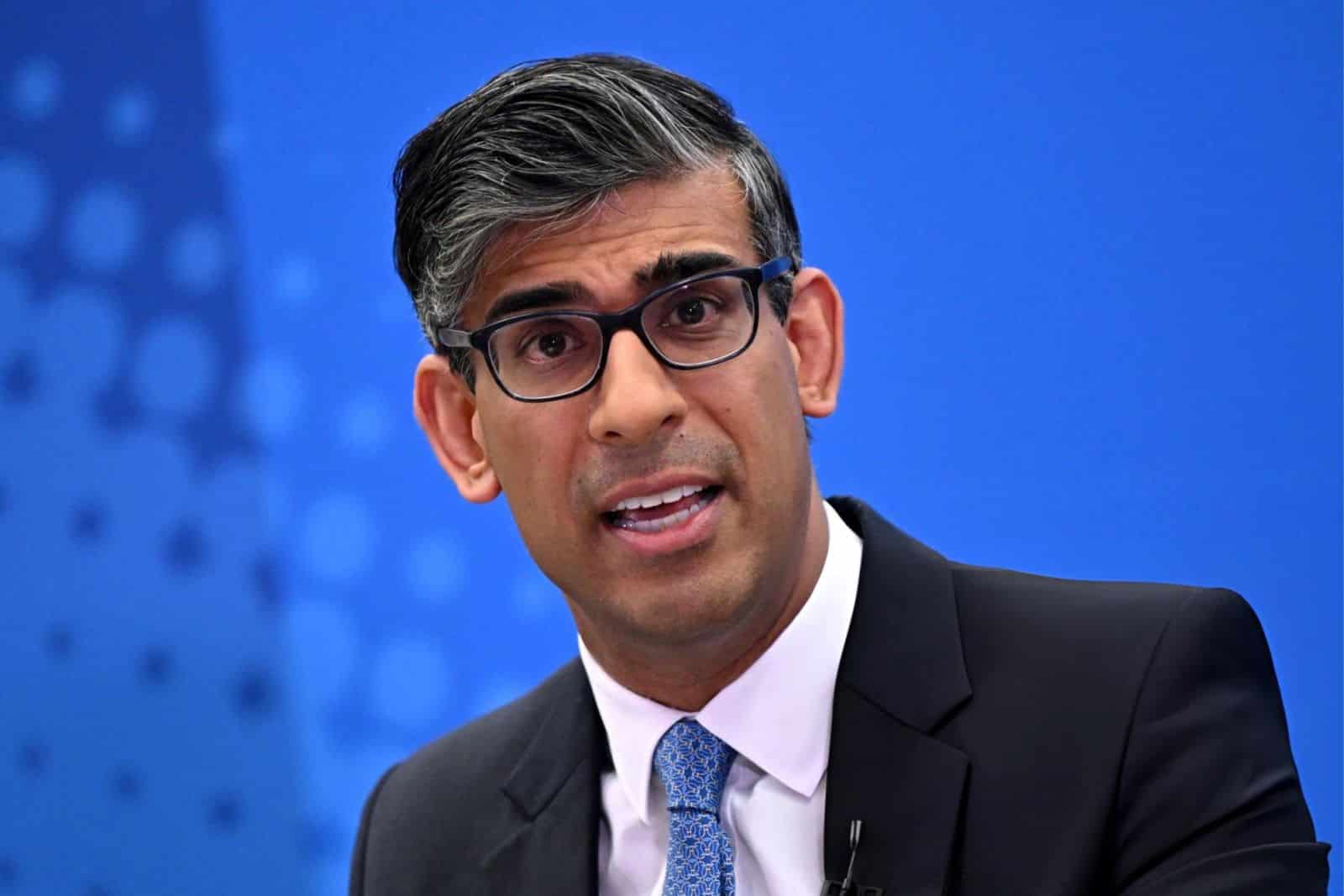
Reform UK’s success has also placed considerable pressure on the Conservative Party, which suffered significant losses partly due to the rise of Farage’s party. The Tories now face the challenge of redefining their strategy and leadership to counter this new threat.
Right-Wing Shift

The defeat of several moderate leadership contenders, such as Penny Mordaunt, has shifted the focus to the party’s right-wing figures like Kemi Badenoch and Suella Braverman, who have differing views on handling Farage.
Welcoming Farage?
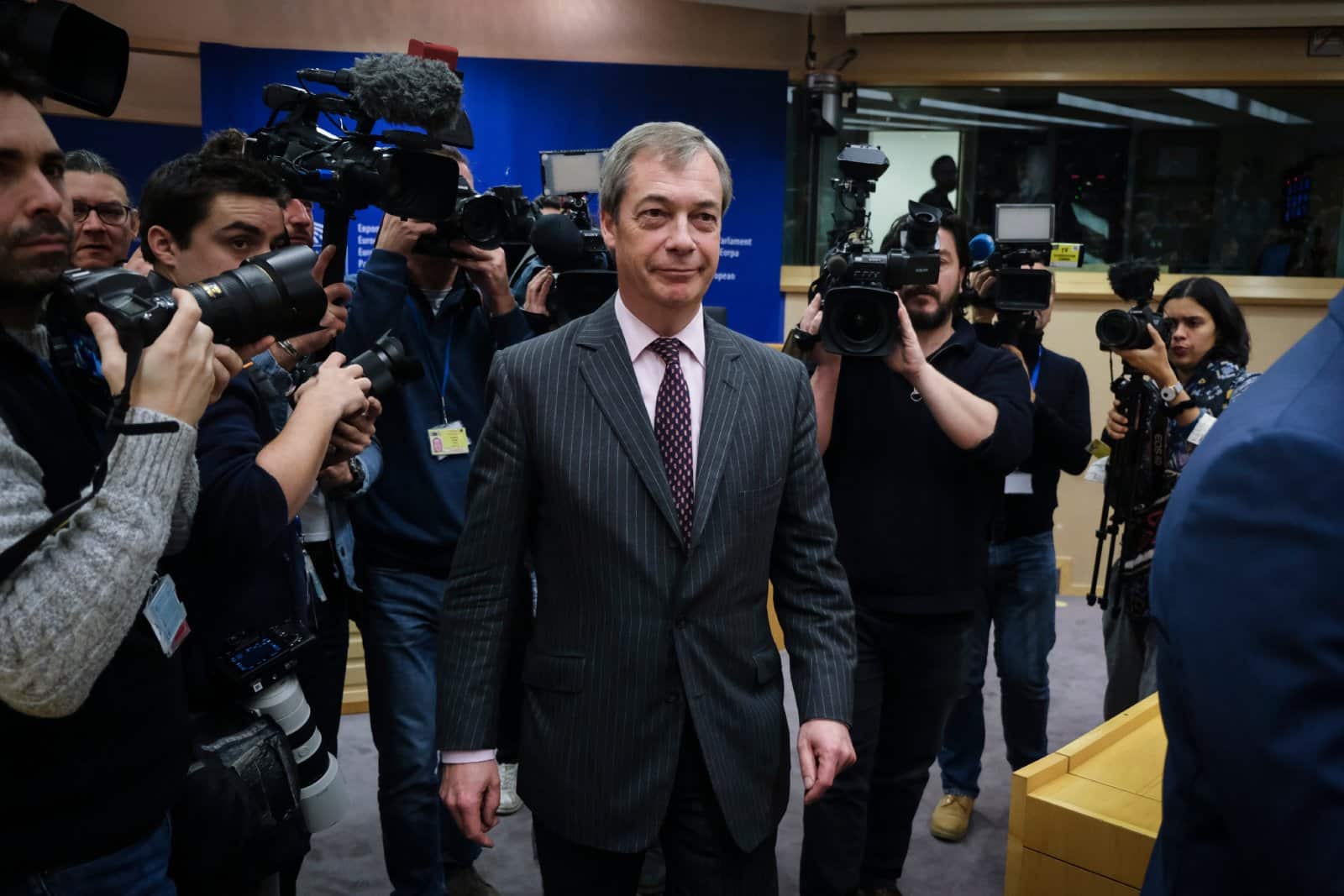
Braverman has suggested welcoming Farage into the Conservative fold. At the same time, Badenoch has argued that Farage, whose stated ambition is to “destroy” the Conservatives, should not be invited into the party, regardless of his electoral appeal.
Not Alone in Westminster

Despite the massive media attention given to the leader of Reform UK, Farage will not be alone in Westminster. He will be joined by Richard Tice, who won the Boston and Skegness seat, overturning a substantial Conservative majority.
Notable Reform UK MPs
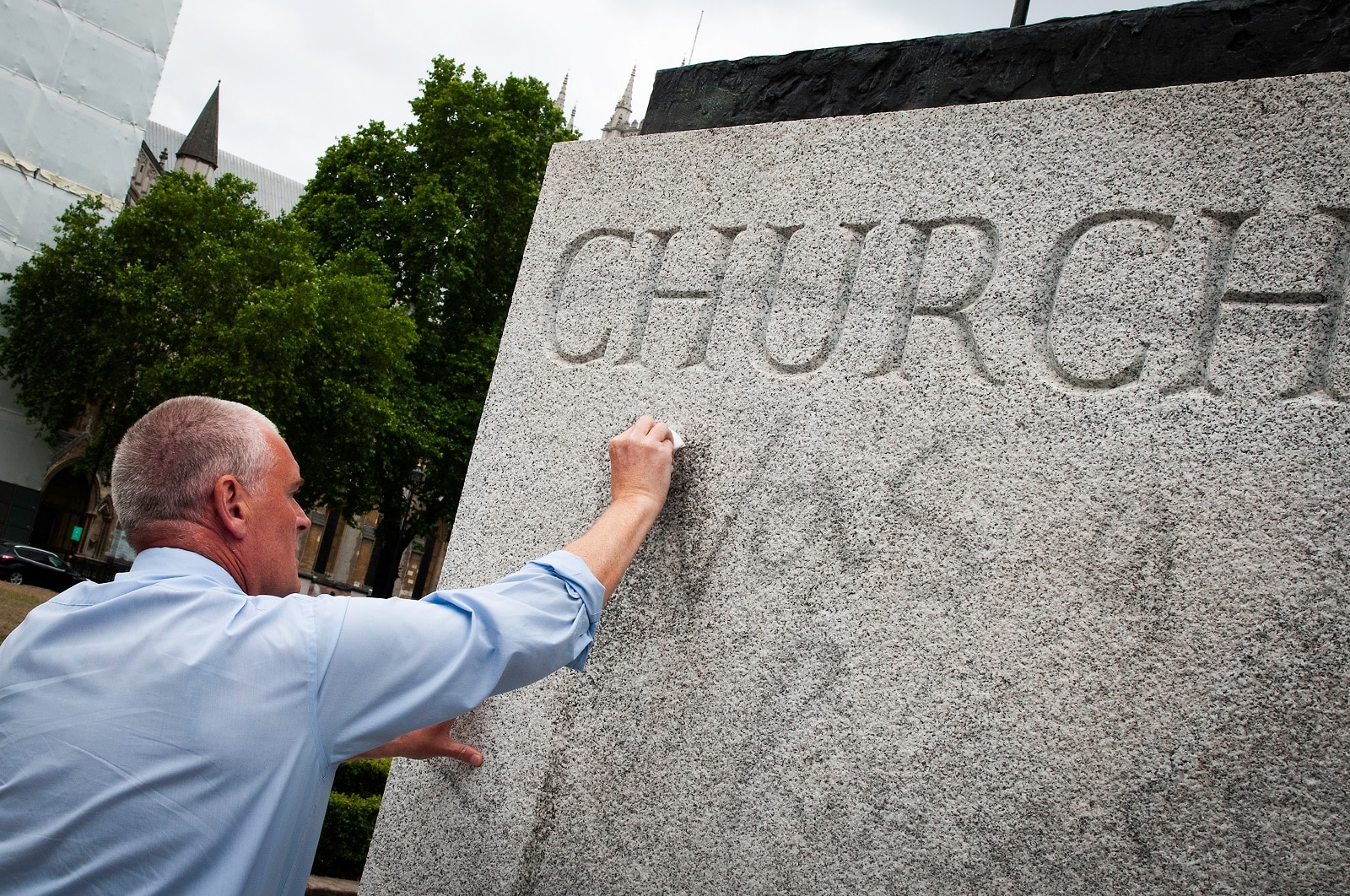
Other notable Reform UK MPs include Lee Anderson, Rupert Lowe, and James McMurdock. Anderson, a former Conservative who resigned from the government over the Rwanda plan, brings a solid right-wing presence to the party.
Potential Infighting

However, one issue for Reform UK is that, as a relatively new grouping, it does not have the longstanding procedures and traditions of other parties and, with several of their recently elected MPs being what the media have euphemistically termed “big personalities,” there is a not insignificant chance that some infighting may occur as Farage attempts to build what he termed a “mass movement.”
Wary of Rocking the Boat
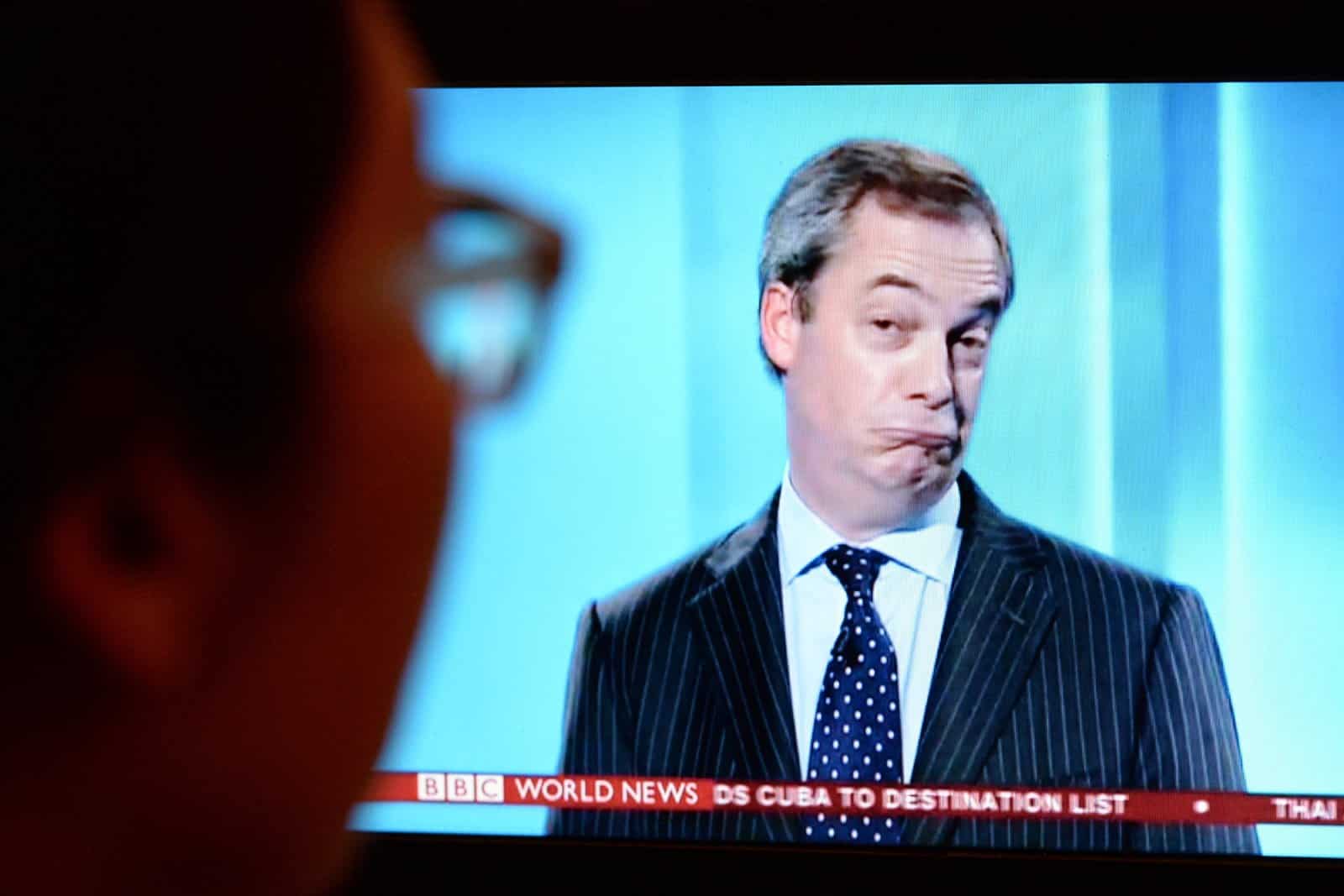
Despite the relative success of his insurgent Reform UK, Farage and his cohorts will likely be wary of rocking the boat too much and spooking the electorate, lest they suffer the fate of the far-right in the recent French elections, where groupings on the left and centre banded together to stop Marine Le Pen’s party from securing a majority.
Five Years of Scrutiny
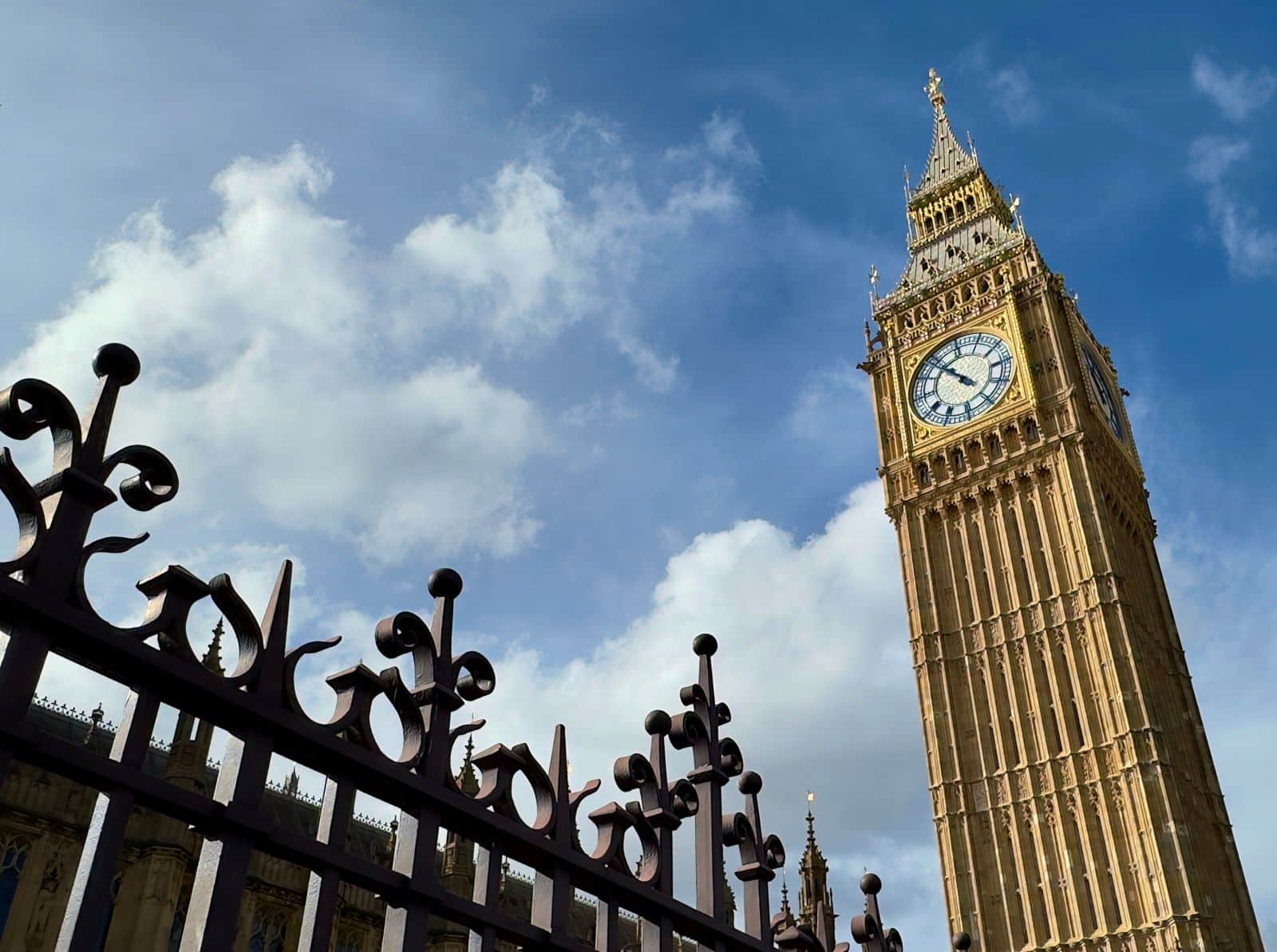
With several controversies already behind them and five years of media scrutiny ahead, Farage and his four MPs’ ability to be a disruptive yet influential force in British politics without succumbing to the fate of other brief insurgent parties will be tested to the breaking point.
Future Uncertain
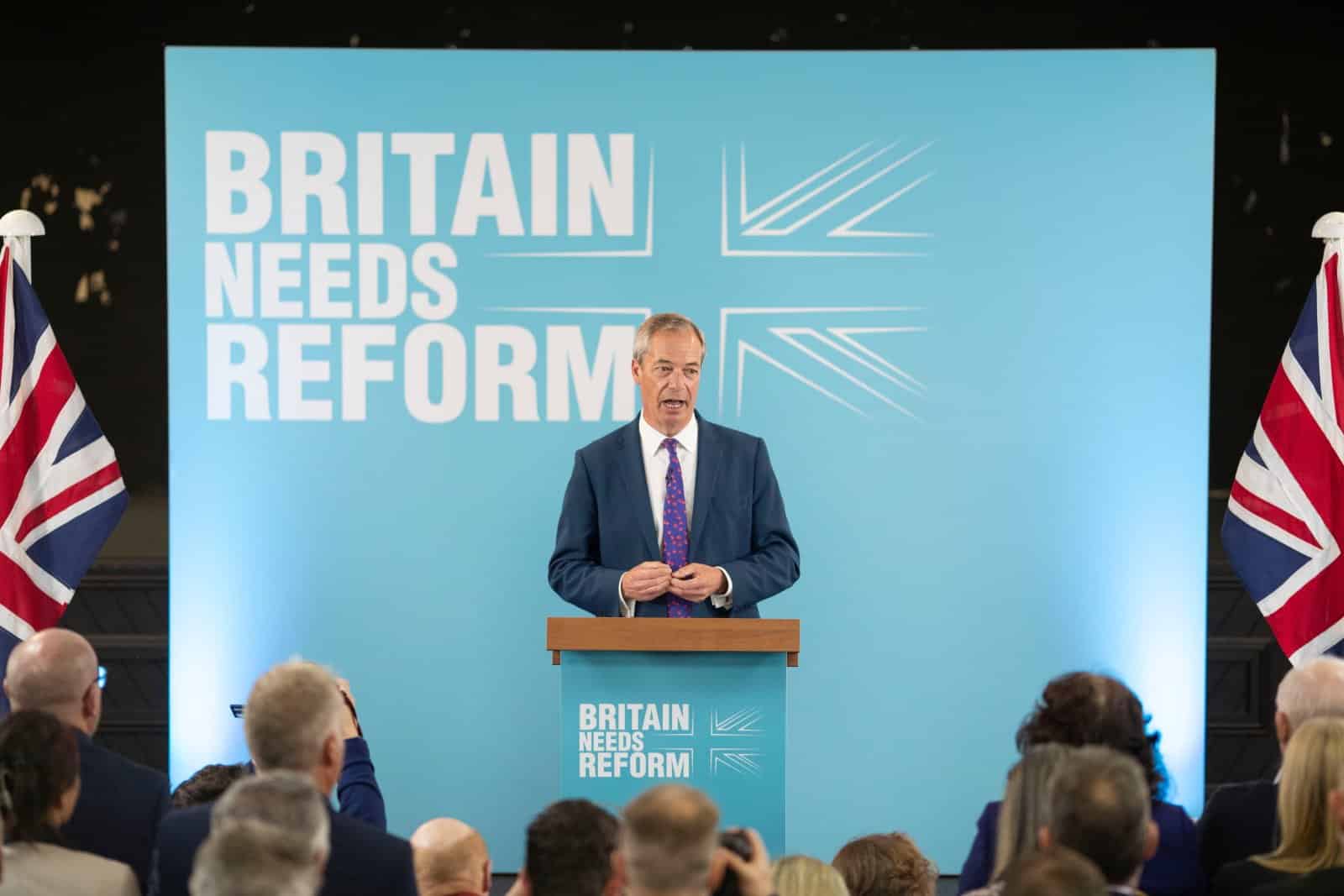
It remains to be seen whether Farage will be able to maintain his current level of support in the next general election in 2029.
Featured Image Credit: Shutterstock / Foto-berlin.net.

